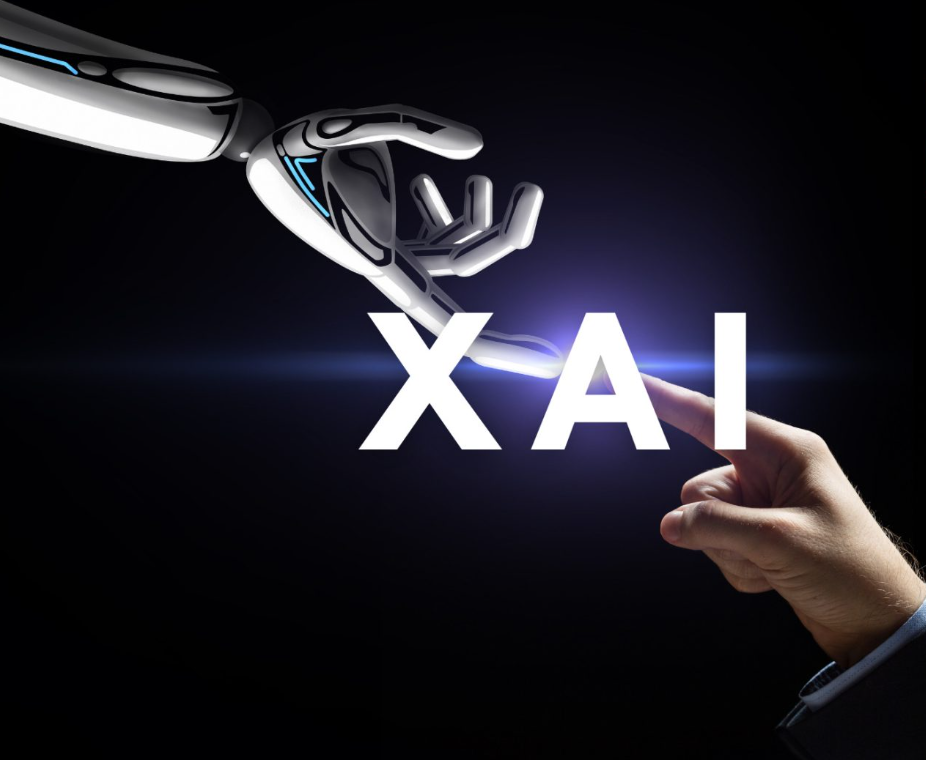AI has
profoundly impacted the music industry across various domains:
Composition and Production
AI
algorithms can analyze vast amounts of music data to generate new compositions
or assist composers in creating music. Tools like Amper Music and AIVA
are capable of composing original pieces of music tailored to specific needs,
whether it's background music for videos or full-fledged compositions. AI can
also assist in mixing and mastering tracks, automating certain processes and
enhancing efficiency.
Personalized Music Recommendations
Streaming
platforms like Spotify and Apple Music utilize AI algorithms to
analyze user preferences and behavior to provide personalized recommendations.
These algorithms consider factors such as listening history, genre preferences,
and even contextual factors like time of day or location to suggest relevant
music to users, thereby enhancing user experience and engagement.
Music Creation and Remixing
AI-powered
tools enable users, regardless of musical expertise, to remix and create music
easily. Platforms like Endlesss and Amadeus Code allow for
collaborative music creation and remixing using AI-generated loops and
melodies.
Enhancing Creativity and Collaboration
AI tools can serve as creative collaborators for musicians, offering suggestions and generating ideas to inspire the creative process. For example, Google's Magenta project explores the intersection of AI and creativity, developing tools like NSynth for sound synthesis and MuseNet for generating music in various styles.
Copyright and Content Protection
AI is
also being used to identify and manage copyright infringement in the music
industry. Content recognition algorithms can scan digital platforms to identify
copyrighted music and ensure proper licensing and royalty distribution, helping
to protect the rights of musicians and creators.
Live Performances and Production
AI technologies like real-time audio processing and virtual instruments are increasingly being integrated into live performances, allowing for dynamic and interactive experiences. Artists can use AI to manipulate audio in real-time, create immersive visuals, and even generate music on the fly based on audience input.
Music Analysis and Insights
AI-powered analytics tools can provide valuable insights into music trends, audience preferences, and market dynamics. Record labels and music marketers utilize these insights to make data-driven decisions regarding artist signings, marketing strategies, and content distribution.

AI has brought about significant changes in the music industry, but like any disruptive technology, it also carries some negative impacts:
Job Displacement
AI and
automation technologies have the potential to replace certain roles within the
music industry, such as session musicians, producers, and even composers. As AI
algorithms become more sophisticated, they can generate music compositions, mix
tracks, and even mimic human performances, potentially reducing the need for
human labor in certain areas.
Loss of Artistic Authenticity
While AI
can produce music that is technically proficient, some argue that it lacks the
emotional depth and authenticity that comes from human expression. This can
lead to a homogenization of music styles and a loss of the unique qualities
that make human-created music special.
Decreased Creativity
As AI
algorithms become more prevalent in the music creation process, there is a
concern that reliance on these tools could stifle creativity among musicians
and producers. Instead of pushing boundaries and exploring new sounds, there
may be a tendency to rely on AI-generated templates and formulas, resulting in
a lack of innovation in the industry.
Copyright and Ownership Issues
AI-generated
music raises complex legal questions regarding copyright and ownership. Who
owns the rights to music created by AI algorithms? Should the creators of the
algorithms be considered the owners, or should it be the individuals or
organizations that use the algorithms to generate music? These issues could
lead to disputes and legal challenges within the industry.
Quality Control and Curation
The
sheer volume of music generated by AI algorithms can make it difficult for
consumers to discover high-quality content. Without human curators to sift
through and identify the best music, there is a risk that the market could be
flooded with low-quality or derivative music, making it harder for talented
musicians to stand out.
Dependency on Tech Companies
As AI
technology becomes more ingrained in the music industry, there is a risk of
increased dependency on tech companies that develop and control these
algorithms. This could give these companies significant power and influence
over the direction of the industry, potentially stifling competition and
innovation.
Addressing
these negative impacts requires careful consideration and proactive measures to
ensure that AI is used responsibly and ethically within the music industry,
while also preserving the unique qualities of human creativity and expression.
Overall,
AI is revolutionizing the music industry by streamlining processes, enhancing
creativity, and offering new opportunities for both artists and listeners.
However, it also raises questions about the future of human creativity,
copyright issues, and the potential impact on traditional roles within the
industry.
Sources: Analytics Vidhya, soundbrenner.com, blackghostaudio.com, wikipedia.
Compiled
by
Shorya
Dev Bisht
Data
Scientist



No comments:
Post a Comment